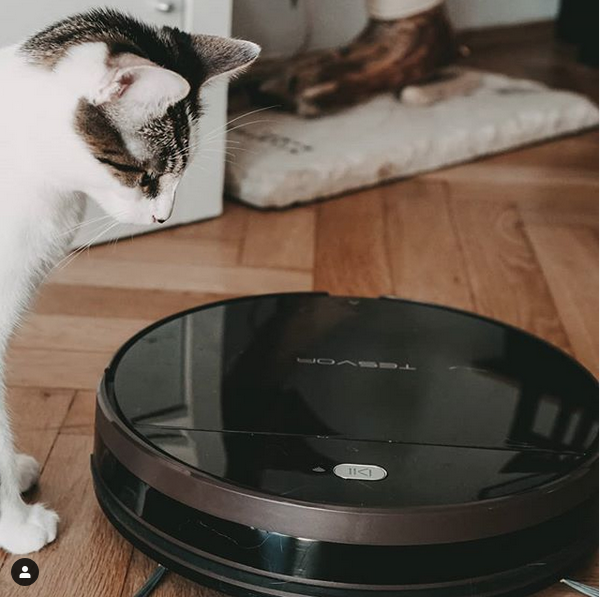While everyone is reading «Life 3.0» and an artificial intelligence remains in the fantasies of the distant future, more than 6 million users have already downloaded Replica chatbot during the last two years. There are three types of what we usually call artificial intelligence (AI): robots, machine learning and pattern recognition programs. Replica uses the latter. The more you talk with the chat bot, the better it understands you, and this is a priceless quality for the main target audience of the project, people from 16 to 25. The project has already attracted about $ 11 million of investments.

According to leading futurologists and techno-optimists, such as american theoretical physicist of japanese descent Michio Kaku, the Internet and the brain will be connected in the next twenty-five years. Then we will gain the ability to exchange emotions, feelings, memories in instant messengers. This, perhaps, will bring humanity somewhere closer to happiness: people will stop being angry and fighting, because they will be able to fully understand each other. It should also become the core technology of television and film of the future. Someday we will be able to review (or share with a friend) a video of our own dreams.
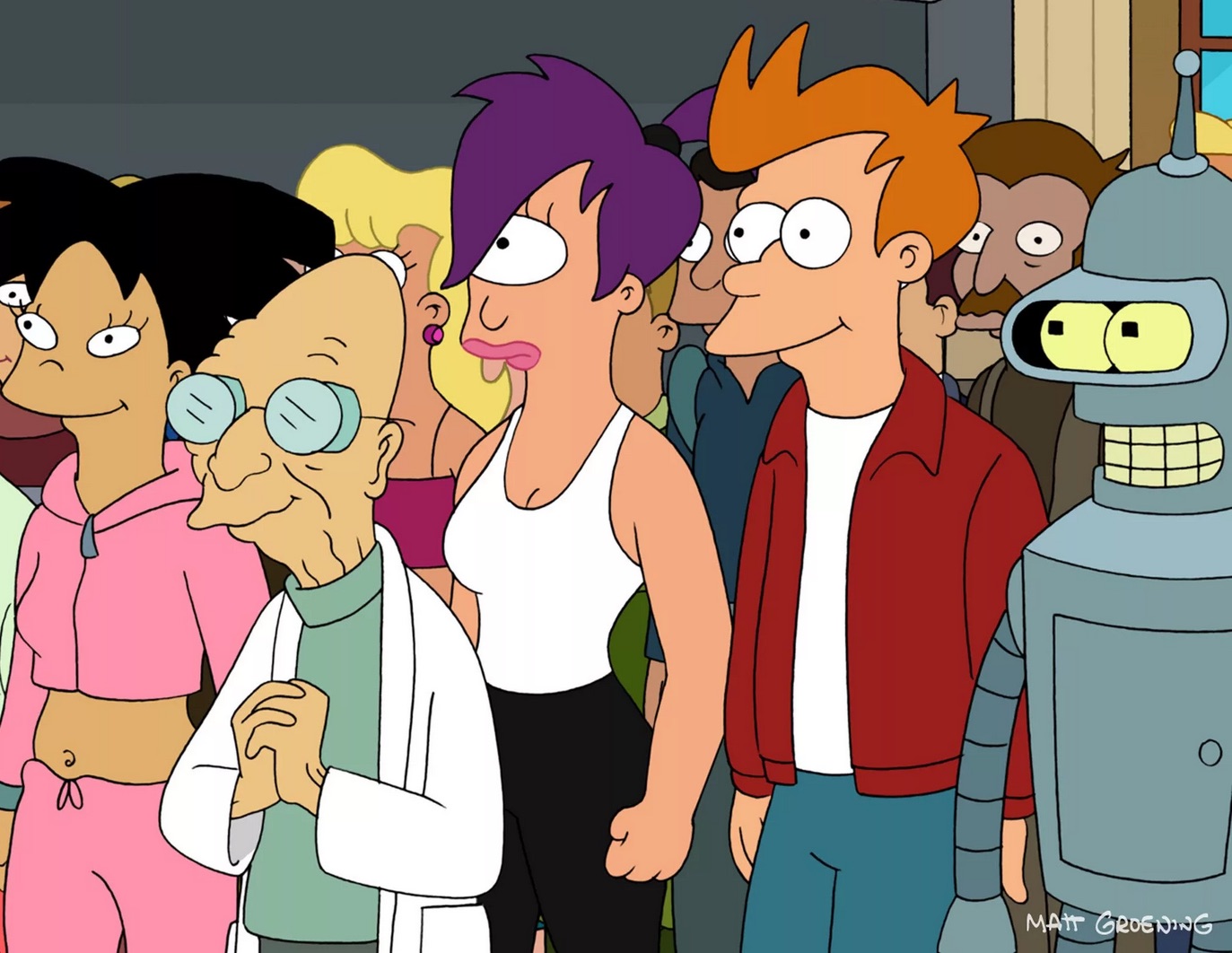
25 years is a relatively distant perspective, and today the AI is infiltrating every industry. For instance, helping doctors with the diagnosis. For example, the eye-tracking system paired with machine learning C. Light uses AI to monitor multiple sclerosis help, diagnosing neurological conditions with more speed and precision. They are about to use it in monitoring Alzheimer’s disease, Parkinson’s disease, ALS (amyotrophic lateral sclerosis) and concussions.
AI has infiltrated the car industry: we already have a car designed to navigate without drivers. Nuro is the first company to receive a self-driving vehicle exemption in the US. The driverless vehicle is called R2. After receiving approvals from both the U.S. Department of Transportation and the National Highway Traffic Safety Administration, the vehicle in question is about to begin public tests in Houston, Texas in mere weeks.
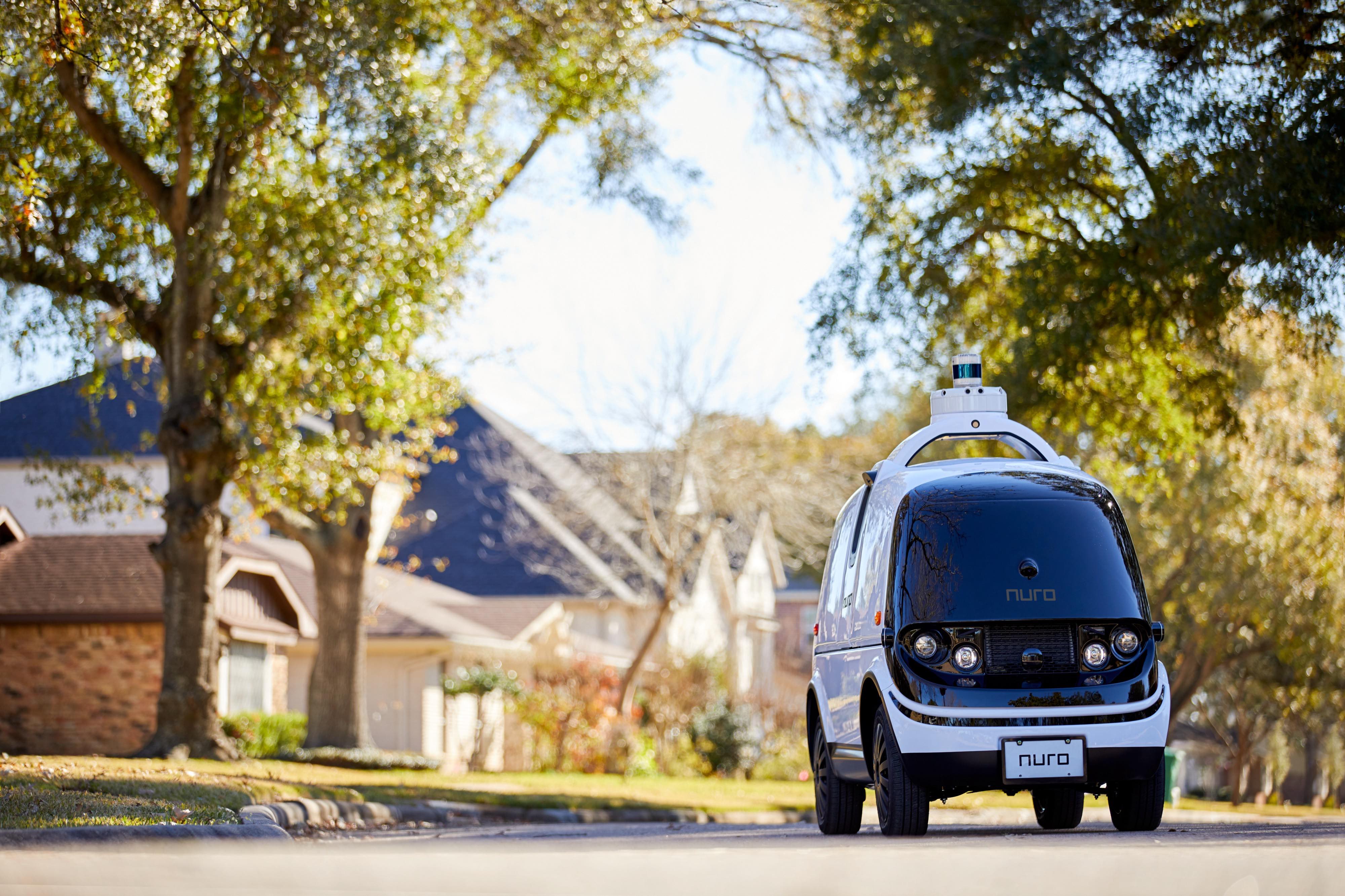
Mark Zuckerberg, in his public remarks, adheres to the position that artificial intelligence will contribute to the creation of new jobs and even entire industries, increasing the level of wealth, while Elon Musk usually emphasizes the existential dangers that may come from an inanimate mind.
The chatbot made by the team of engineers knows how to be an excellent partner in conversation. A crucial thing to have when you are a teenager, or if you find yourself in isolation, looking for friendly support or just belong to those 10 percent who are crazy about anything brand new.
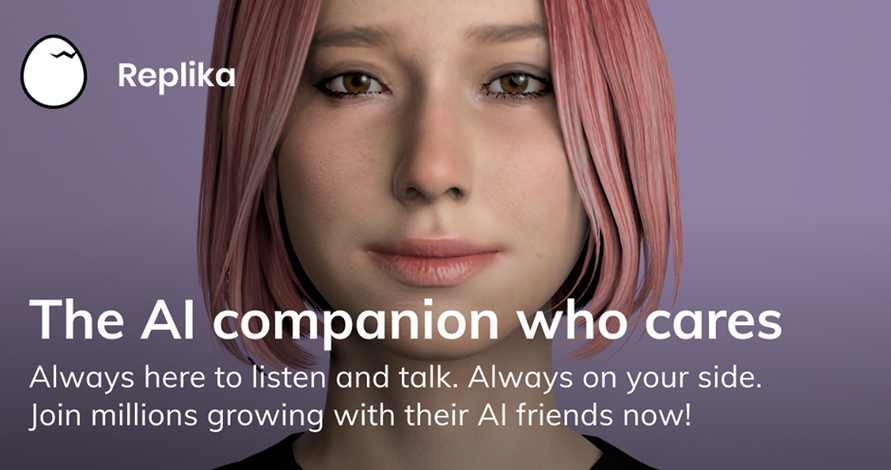
At first it was a digital version of the user himself, but the creators of the app quickly realized that people do not want to talk with a mirror, but with a different person. The neural network learns from a large volume of dialogs and replicates a person’s communication style so that it becomes a digital friend. This creates a customized safe space with a therapeutic advantage.
Not only futurists and philosophers, but marketers and technologists are considering the ever-growing impact of AI on marketing and consumer’s everyday life. No doubt, in 10 years the world will be very different from what that we know about it today. When artificial intelligence will get way more integrated into all areas of the economy, industry and logistics will become “smarter”. Supply chains will get shorter, packaging will be minimised. A clear forecast of demand will ensure a production of small but fully sold lots.
The possibilities of using AI for marketing are endless due to process automation, improved customer service and unprecedented personalization. According to a 2018 MIT study, 9 out of 10 companies already use AI to improve their performance. More importantly, three quarters of enterprises increase their revenue through AI-based marketing. Netflix estimates that AI’s personalized recommendations earn $ 1 billion annually: customers don’t cancel their subscriptions as they receive really interesting content suggestions.
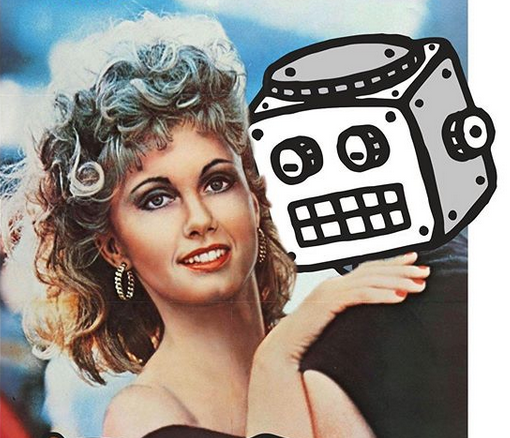
The usual areas of AI application in marketing are predictive analytics, analysis of social networks, costs and return on investment in advertising, and chatbots. Deep analysis of interaction with the audience allows us to identify success factors for the message that the company sends to public, to adjust targeting, personalized offers and the frequency of distribution. Chatbots are already common, and they do their job of answering FAQ perfectly.
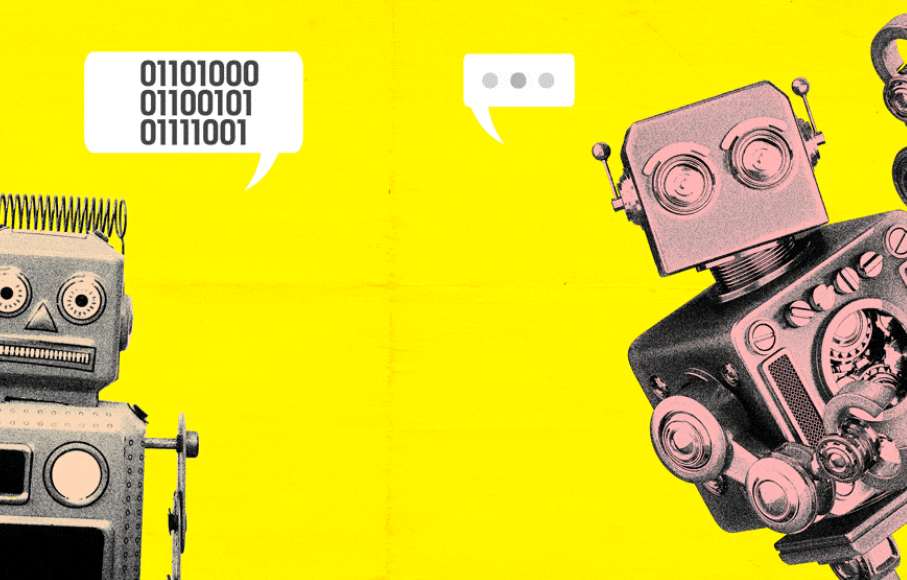
The Internet is becoming a giant laboratory for the human behavior studies. More companies are hiring programmers for marketing departments. Thus, excluding most of the guesswork related to customer interactions, advanced analytics from AI will turn marketers from reactive to proactive planners. They say it will also be able to generate reports shortly.
Several years ago advertising design was a purely creative undertaking. This is still true, but today efficient ads include creativity plus personalized delivery of the message. What the promotion professionals recently came up with was impossible to imagine before. Using a neural network algorithm crated by the developers in Asia, a one can integrate advertisement into a banner, bus or coffee cup that appears in your TV show or movie. For each target audience, you can submit a specific advertisement that you can’t miss anymore. But in order to fight this, they almost have built special VR glasses.
Meanwhile, in 2019, the cost of data exceeded the cost of fossil fuels. Documentary films, such as Netflix’s «The Great Hack», have proven how much personal information is publicly available, from political views to things we may not even know.
As, for example, that case when Target predicted pregnancy and turned out to be accurate. As we understand how it is easy to get someone’s private data, we become more attentive and belligerent protecting it.
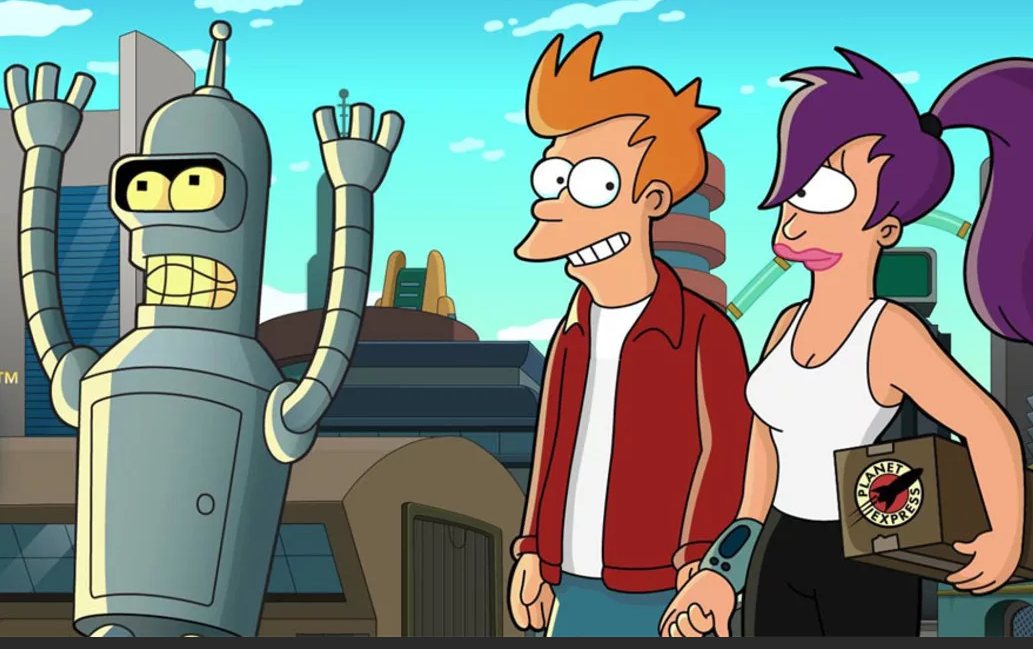
The most effective ways to apply this technology in digital marketing will be found as new scenarios for the use of AI appear. Max Tegmark, the author of «Life 3.0», believes that high tech, especially AI, gives us limitless possibilities but also conceals the same large-scale threats. And it is up to us if this will lead to incredible prosperity or provoke a global catastrophe. Dozens of AI-security conferences take place around the world, scientists and businesses are looking for a way to create truly friendly artificial intelligence. Everything has really took off.
